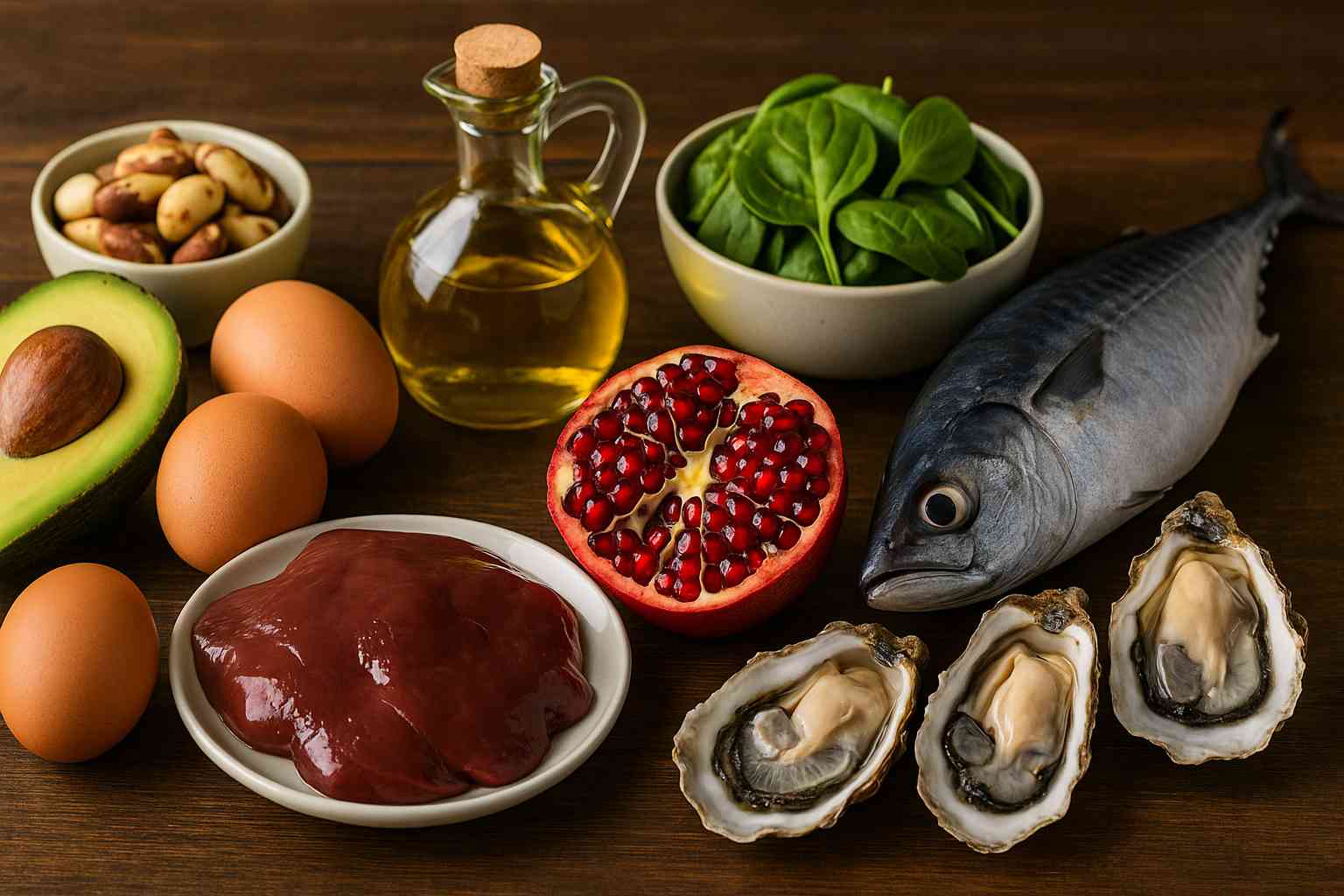Testosterone is a crucial hormone that affects everything from muscle mass and energy levels to libido and mood. While many factors influence testosterone production, diet plays a significant role. Choosing the right foods can naturally enhance testosterone levels, promoting better health and performance. Below is a research-backed list of the top 10 testosterone-boosting foods you can start incorporating into your meals today.
1. Eggs

Eggs are rich in essential nutrients that aid in boosting testosterone levels. The yolk is rich in cholesterol, a precursor for testosterone synthesis. They also provide vitamin D, which has been linked to increased testosterone levels in men. A study published in the Hormone and Metabolic Research journal found that men with higher vitamin D levels had significantly more testosterone than those with deficiencies. Compared to egg whites alone, whole eggs are more beneficial because the yolk contains most of the testosterone-supportive nutrients. Including 1–2 whole eggs daily can be a simple and effective dietary addition. (source)
2. Tuna

Tuna is not only a lean source of protein but also incredibly rich in vitamin D. Just one serving provides nearly your entire daily recommended intake. Research from Harvard University indicates that men with adequate vitamin D levels tend to have higher testosterone concentrations. Fresh or canned, tuna is an easy way to support hormonal health without adding excessive calories. For those concerned about mercury, limit intake to a few servings per week and alternate with other fatty fish like sardines or salmon.
3. Spinach
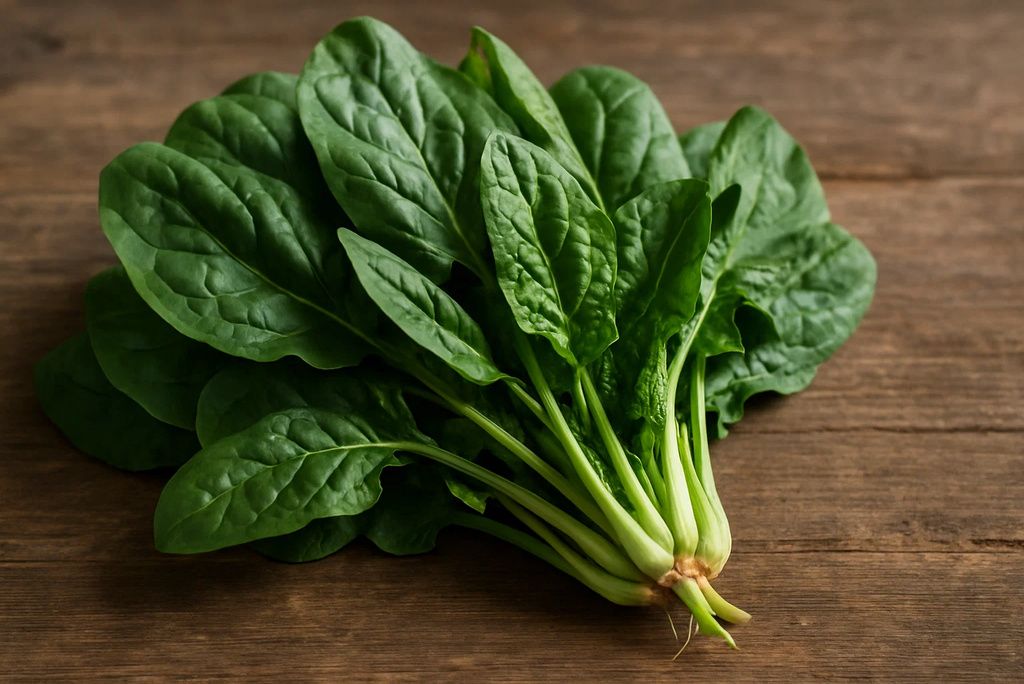
Spinach has long been recognised as a testosterone-friendly food. It’s packed with magnesium, a mineral shown to raise testosterone levels, especially in active individuals. In a 2011 study, athletes who took magnesium supplements for four weeks experienced a notable increase in free and total testosterone. Spinach also contains plant compounds like ecdysterone, which may have anabolic effects. Whether raw in salads or sautéed as a side, it’s a versatile, nutrient-rich green worth adding to your plate regularly. (source)
4. Oysters
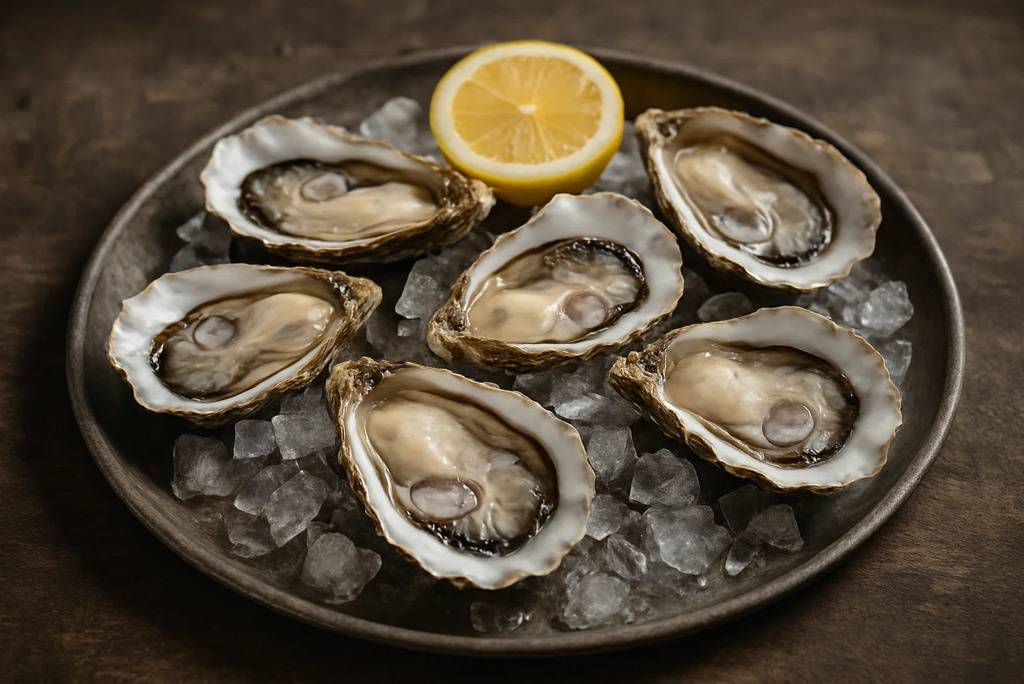
Often dubbed an aphrodisiac, oysters are one of the richest sources of zinc, a mineral critical for testosterone production. Zinc deficiency has been directly linked to lower testosterone and impaired fertility. According to the Journal of Nutrition, increasing zinc intake can quickly restore testosterone levels in deficient individuals. Just one medium oyster delivers more than 500% of the daily zinc requirement. If oysters aren’t your thing, pumpkin seeds and beef are good alternatives.
5. Pomegranates
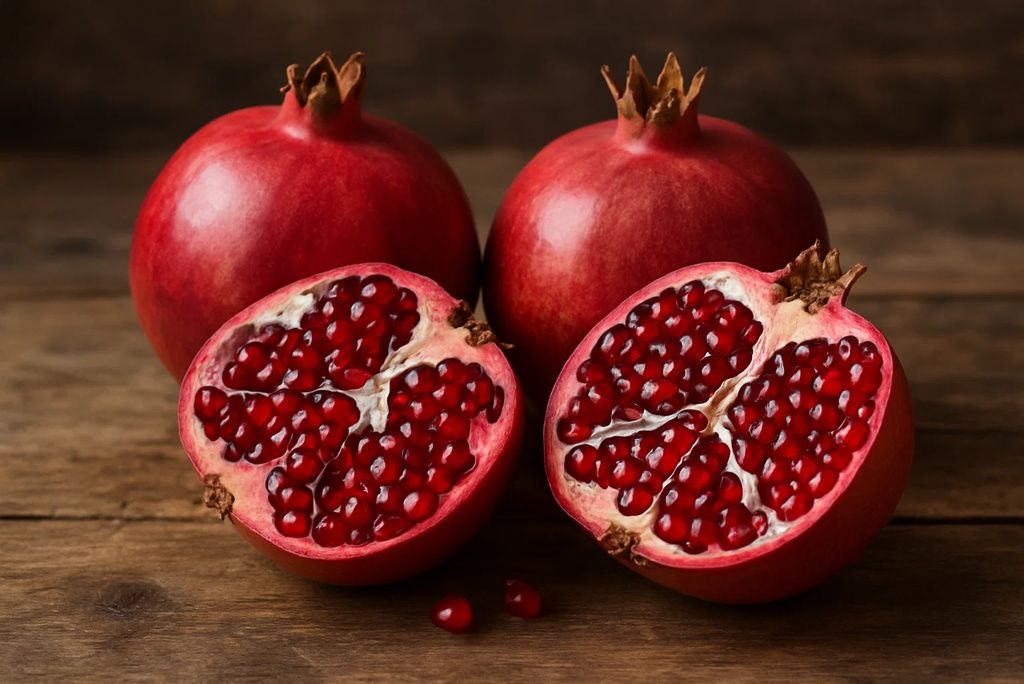
Pomegranates are rich in antioxidants, especially polyphenols, which combat oxidative stress, a key factor in low testosterone levels. A 2012 study found that daily consumption of pomegranate juice significantly increased testosterone levels in both men and women, along with improvements in mood and blood pressure. Unlike sugary juices, fresh pomegranate seeds or 100% pomegranate juice offer the best benefits. Consider adding them to smoothies or oatmeal or enjoying a small glass daily. (source)
6. Ginger
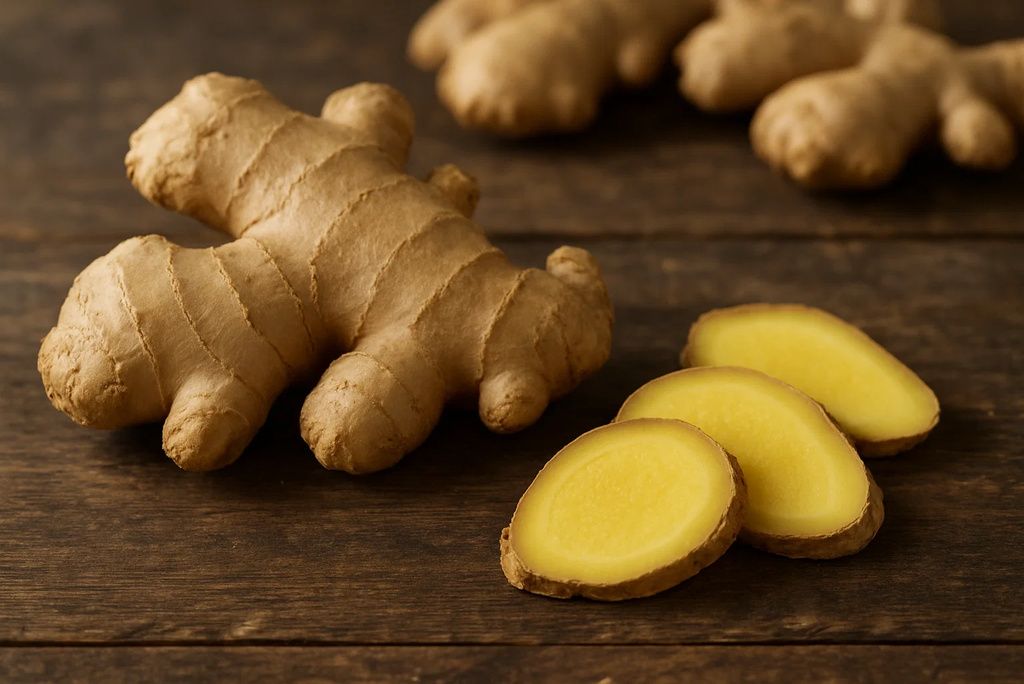
Used traditionally for its medicinal properties, ginger has now been shown to positively affect testosterone. A 2012 study published in Tikrit Medical Journal found that daily ginger supplementation increased testosterone levels in infertile men by up to 17% after three months. Ginger may boost testosterone by reducing oxidative stress and increasing luteinizing hormone levels. Use fresh ginger in teas, curries, or smoothies for consistent benefits. (source).
7. Extra Virgin Olive Oil
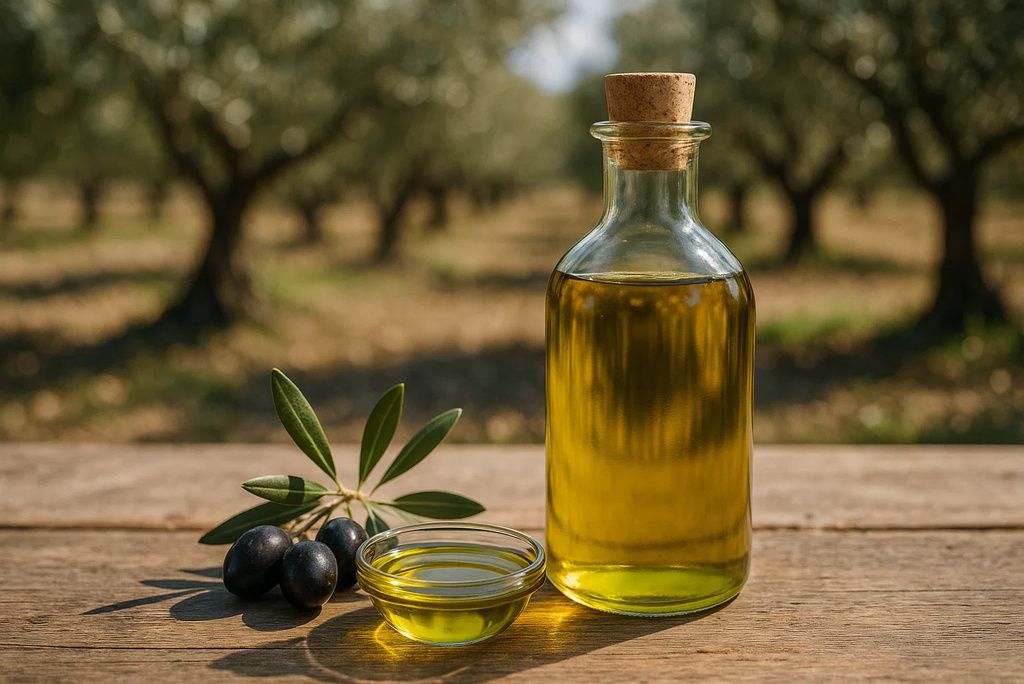
Olive oil does more than protect your heart—it may also elevate testosterone. A study from the University of Tunisia showed that men who consumed extra virgin olive oil daily experienced a 17.4% increase in testosterone after just three weeks. The healthy fats in olive oil support cholesterol production, essential for testosterone synthesis. Opt for cold-pressed, unrefined extra virgin olive oil and use it as a salad dressing or drizzle it over cooked veggies.
8. Beef Liver
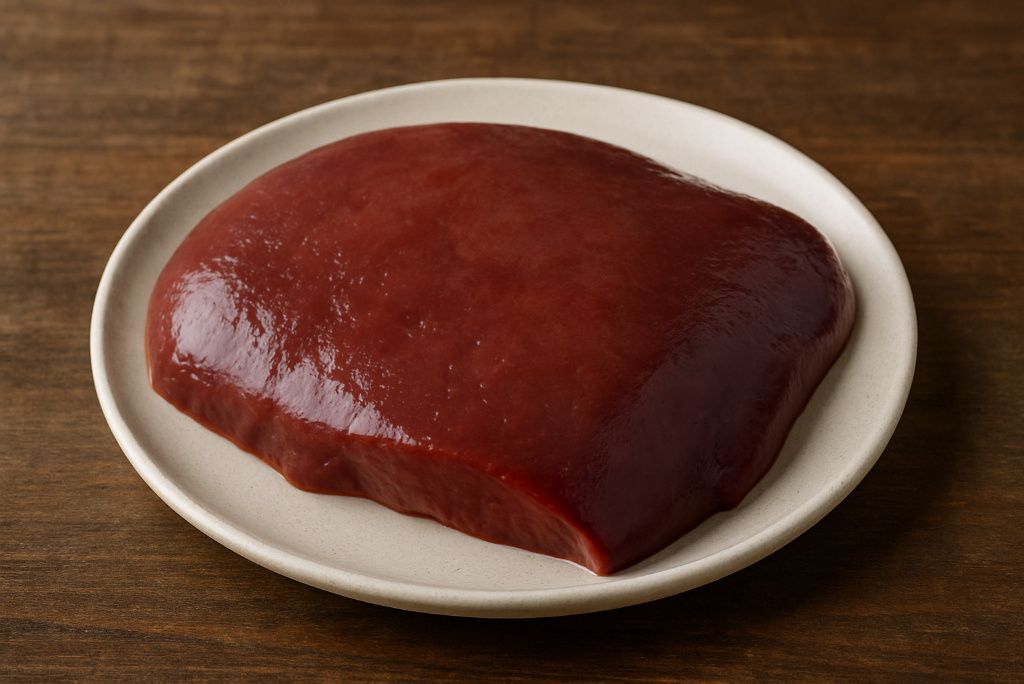
Beef liver is a nutritional powerhouse rich in vitamin A, zinc, iron, and B vitamins—all vital for hormone regulation. A lack of these nutrients, especially vitamin A and zinc, can impair testosterone production. Compared to regular cuts of beef, liver delivers more concentrated levels of these micronutrients. Due to its richness, it’s best consumed once a week. For those wary of the taste, blending it into meatballs or chili can make it more palatable.
9. Brazil Nuts
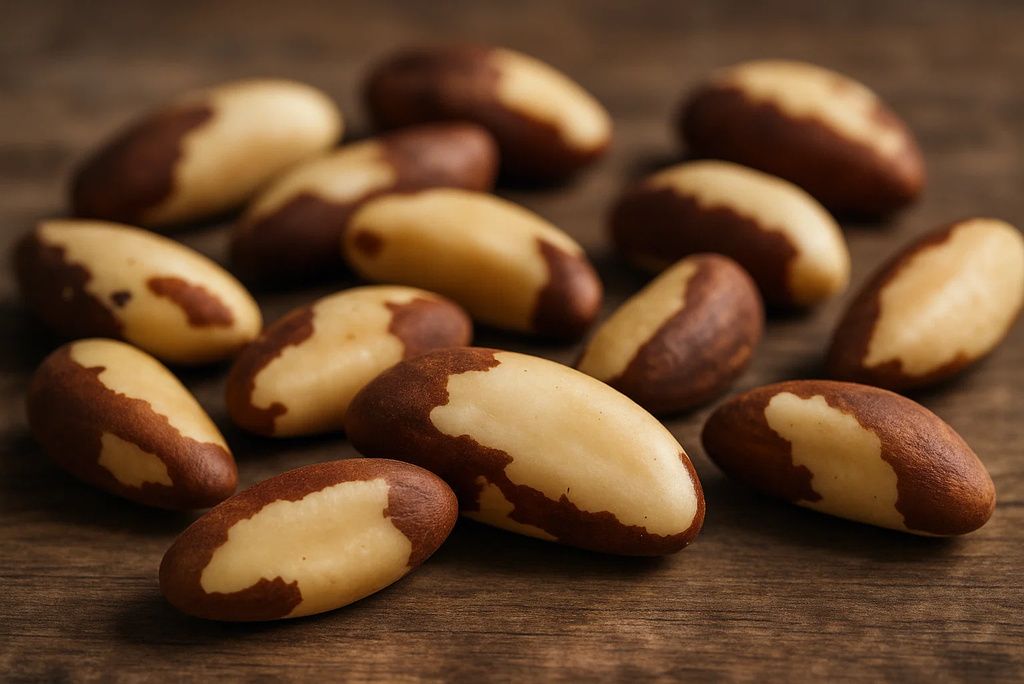
Brazil nuts are exceptionally high in selenium, a trace mineral essential for testosterone synthesis and sperm health. Just one to two Brazil nuts can provide more than 100% of your daily selenium needs. A 2009 study published in Biological Trace Element Research suggested that selenium supplementation can improve testosterone levels and male fertility. However, excessive selenium intake can be toxic, so moderation is key—stick to a few nuts per day.
10. Avocados
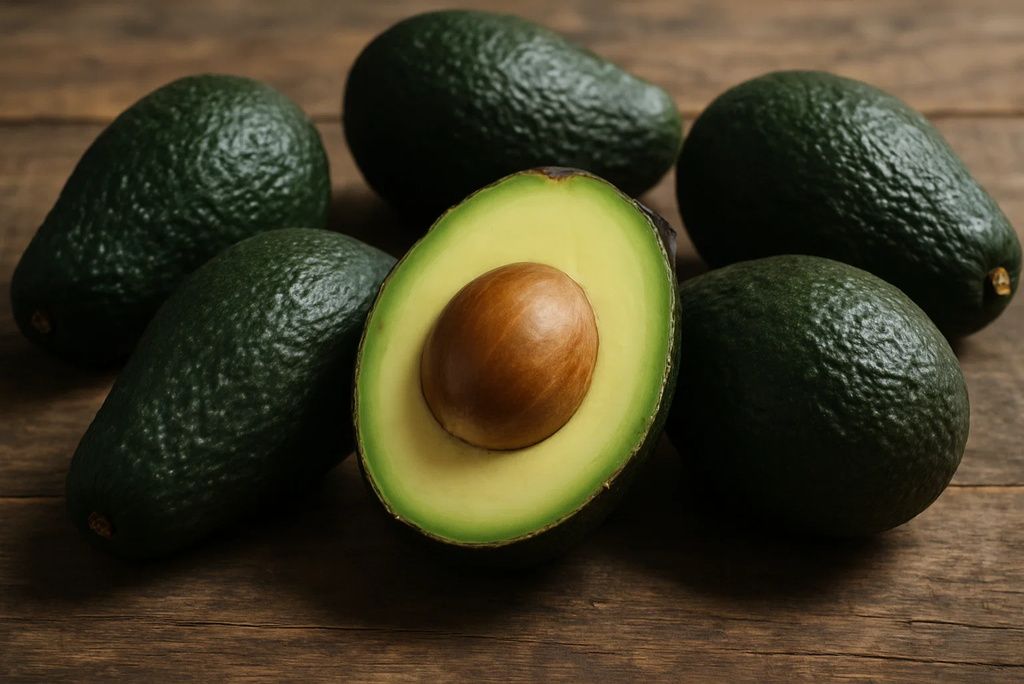
Avocados are loaded with healthy monounsaturated fats, vitamin B6, and folate—all essential for testosterone production. They help reduce cortisol, a stress hormone that can inhibit testosterone. Compared to other fruits, avocados provide a unique blend of testosterone-supportive nutrients in a single package.
A 2013 study in The Journal of Clinical Endocrinology & Metabolism highlighted how low-fat diets can negatively affect testosterone, while diets with healthy fats like those in avocados can maintain optimal levels (source). Include them in smoothies, salads, or on whole-grain toast.
Disclaimer: This article is for informational purposes only and does not constitute medical advice. Always consult a healthcare professional before making any changes to your diet or supplement routine.

